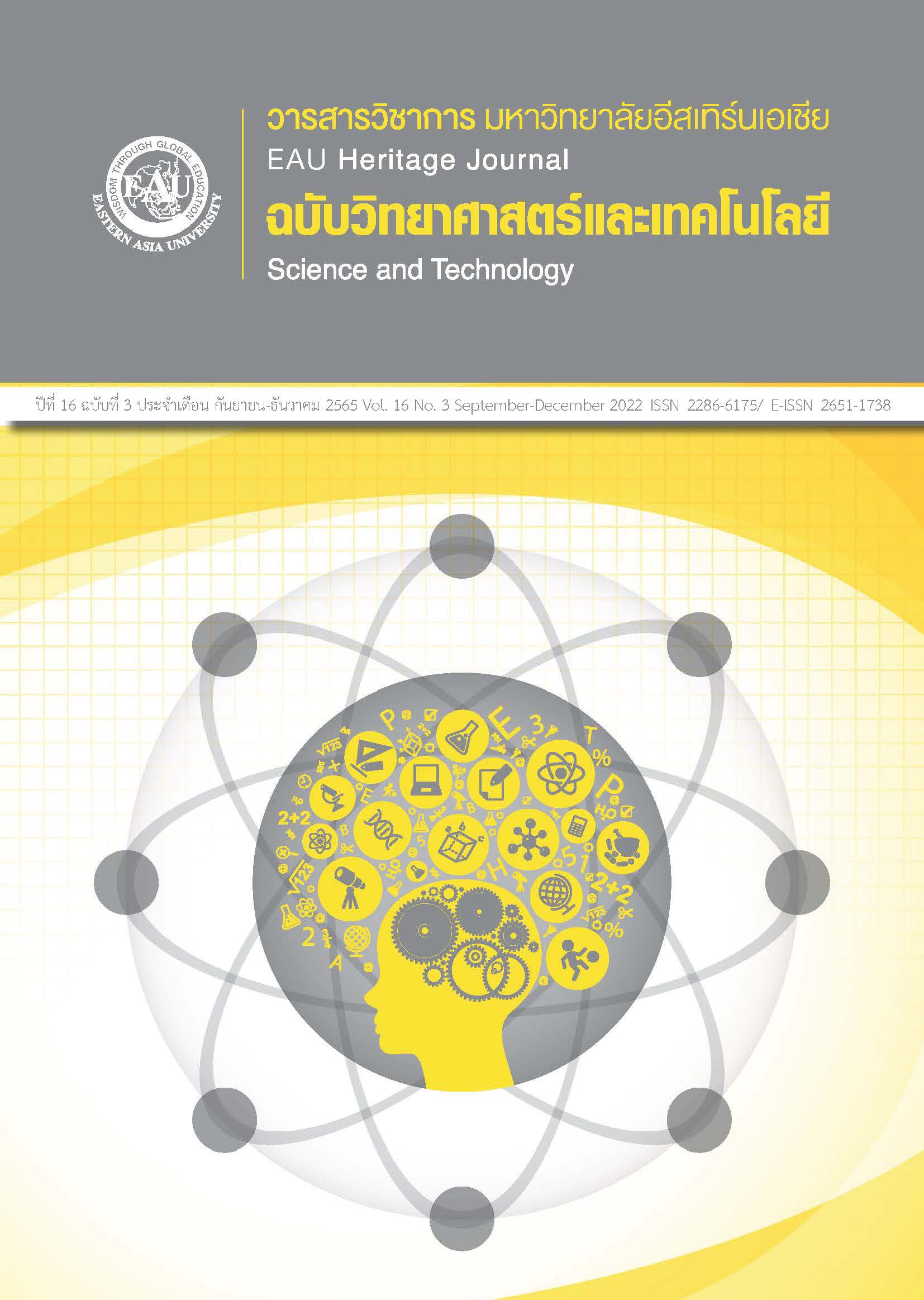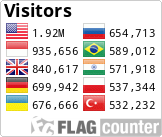คุณลักษณะทางจิตใจของนักกีฬาฟุตบอล ช่วงก่อนการแข่งขัน: ทักษะการจัดการความเครียดทางการกีฬา
คำสำคัญ:
ฟุตบอล, ทักษะการจัดการความเครียดทางการกีฬา, ช่วงก่อนการแข่งขันบทคัดย่อ
การวิจัยครั้งนี้มีจุดมุ่งหมายเพื่อศึกษา คุณลักษณะทางจิตใจของนักกีฬาฟุตบอล ในช่วงก่อนการแข่งขัน: ทักษะการจัดการความเครียดทางการกีฬา กลุ่มประชากรเป็นนักกีฬาฟุตบอล วิทยาลัยนอร์ทเทิร์น จำนวน 30 คน โดยการเลือกแบบเจาะจง (purposive sampling) อายุระหว่าง 18-22 ปี จำนวน 20 คน เครื่องมือที่ใช้ในการวิจัย คือ แบบสอบถามทักษะการจัดการความเครียดทางการกีฬาและพัฒนาเป็นภาษาไทยโดย สุพัชริน ในปี ค.ศ. 2016 (The athletics coping skills inventory, ACSI-28) และนำข้อมูลที่ได้ถูกนำมาวิเคราะห์ทางสถิติ โดยหาค่าเฉลี่ย ส่วนเบี่ยงเบนมาตราฐาน เปรียบเทียบ
ความแตกต่างก่อนเกมการแข่งขันและหลังการแข่งขัน โดยสถิติที่ใช้ Paired sample t-test ผลการวิจัยพบว่า นักกีฬาฟุตบอลมีทักษะการจัดการความเครียดทางการกีฬา ทางด้านการจัดการปัญหา ด้านสมาธิ และด้านอิสระจากความกังวล ก่อนและหลังการแข่งขัน ไม่แตกต่างกัน ด้านการยอมรับคำแนะนำ ด้านความเชื่อมั่นและแรงจูงใจใฝ่สัมฤทธิ์ ด้านการตั้งเป้าหมายและเตรียมความพร้อมด้านจิตใจและด้านการแสดงความสามารถสูงสุดภายใต้ความกดดัน ก่อนและหลังการแข่งขันแตกต่างกันอย่างมีนัยสำคัญทางสถิติ .05 และนักกีฬาฟุตบอลมีประสบการณ์ด้านการแข่งขันในระดับชาติ ระดับอาชีพและระดับนานาชาติค่อนข้างน้อย มีชั่วโมงการฝึกซ้อมรายวันและสัปดาห์ที่ไม่เหมาะสม
เอกสารอ้างอิง
Caruso, C. M., Gill, D. L., Dzewaltowski D. A., & McElroy, M. A. (1990). Psychological and physiological change in competitive success and failure. Journal of Sport and Exercise Psychology, 12, 6-20. http://libres.uncg.edu/ir/uncg/f/d_gill_psychological_1990.pdf
Danchen, J. (2012). Test of performance strategies among college going athletes: Difference across type of sports and gender. International Journal of Behavioral: Social Movement Sciences, 1(4), 139-147.
Du Plessis, E. S. (2014). Sport psychological skills profile of 14-year old and 15-year old sport participants in Tlokwe Municipality: the PAHL-Study (Master’s thesis). Potchefstroom: North-West University.
Edwards, S. W., & Huston S. A. (1984). The clinical aspects of sport psychology. Physical Educator, 41(3), 142.
FIFA. (2020). Fifa. Retrieved from http://www.fifa.com
Gabor, G. (2009). Success and talent development as indicated by motor tests and psychometric variables of U18 ice hockey players (Doctoral dissertation). Sport Science doctoral School. Budapest.
Helgerud, J., Engen, L. C., Wisloff, U., & Hoff, J. (2001). Aerobic endurance training improves soccer performance. Medicine and Science in Sports and Exercise, 33(11), 1925–1931. https://doi.org/10.1097/00005768-200111000-00019
Kajbafnezhad, H., Ahadi, H., Heidarie, A. R., Askari, P., & Enayati, M. (2011). Difference between team and individual sports with respect to psychological skills, overall emotional intelligence and athletic success motivation in Shiraz city athletes. Journal of Basic and Applied Scientific Research, 1(11), 1904-1909. https://bit.ly/3Uu3FFu
Khemthong, A. (2011). Physical, physiology characteristic and basketball related-skill of Burapha University male basketball player during in-season (Master’s thesis). Major Exercise Science and Sport, Sports Science, Burapha University. Chon Buri. (in Thai)
Madsen, E. E., Hansen, T., Thomsen, S. D., Panduro, J., Ermidis, G., Krustrup, P., Randers, M. B., Larsen, C. H., Elbe, A-M., & Wikman, J. (2020). Can psychological characteristics, football experience, and player status predict state anxiety before important matches in Danish elite-level female football players. Scandinavian Journal of Medicine & Science in Sports, 32(Suppl 1), 150–160. https://doi.org/10.1111/sms.13881
McArdle, W. D., Katch, F. I., & Katch, V. L. (2000). Essential of exercise physiology. Philadelphia: Lippincott Williams & Wilkins.
Miller, L. H., Smith, A. D., & Rothstein, L. (1993). The stress solution: An action plan to manage the stress in your life. New York: Pocket Books.
Omar-Fauzee, M. S., See, L. H., Geok, S. K., & Abd Latif, R. (2008). The relationship between the task and ego orientations and coping strategies among universities athletes. Journal of Research, 3(2), 107–111. https://www.naturalspublishing.com/files/published/399vp1kwj593g6.pdf
Orosz, R., & Mezo, F. (2015). Psychological factors in the development of football-talent from the perspective of an integrative sport-talent model. Journal for the Education of GiftedYoung Scientists, 3(1), 58-76. doi:10.17478/JEGYS.2015112018
Pan-uthai, S. (2014). Development and validation of a Thai version of the athletic coping skills inventory-28. Bangkok: Sahamit Printing. (in Thai)
Reilly, T. (1996). Science and soccer. London: Chapman & Hall.
Sharma, R., & Kumar, A. (2011). Psychological characteristics of male university athletes. Journal of Physical Education and Sport, 11(1), 5-17. https://bit.ly/3B7bXfO
Silamad, S. (2012). Principles of sports training for sports trainers. Bangkok: University Press. (in Thai).
Singnoi, C. (2010). The causal relationship of factors affecting in eastern youth elite athlete burnout. Journal of Sports Science and Technology, 11(2), 288-305. (in Thai)
Smith, R. E., Schutz, R. W., Smoll, F. L., & Ptacek, J. T. (1995). Development and validation of a multidimensional measure of sport-specific psychological skills: The athletic coping skills inventory-28. Journal of Sport and Exercise Psychology, 17(4), 379-398. https://doi.org/10.1123/jsep.17.4.379
Suthisanga, P. (1993). Popular sports skills for all. Bangkok: Thai Watana Panich. (in Thai)
Suwanthada, S. (1990). Learning movement skills: Theory and practice. Department of Physical Education. Bangkok: Faculty of Education, Chulalongkorn University. (in Thai)
Yadav, S. K., Shukla, U. N., & Yadav, A. (2012). Assessment of specific psychological skills of basketball players of different levels of achievement. International Journal of PhysicalEducation, Sports and Yogic Sciences, 2(1), 38–40. https://sope.davv.ac.in/images/lecture/34%20SKY.pdf







